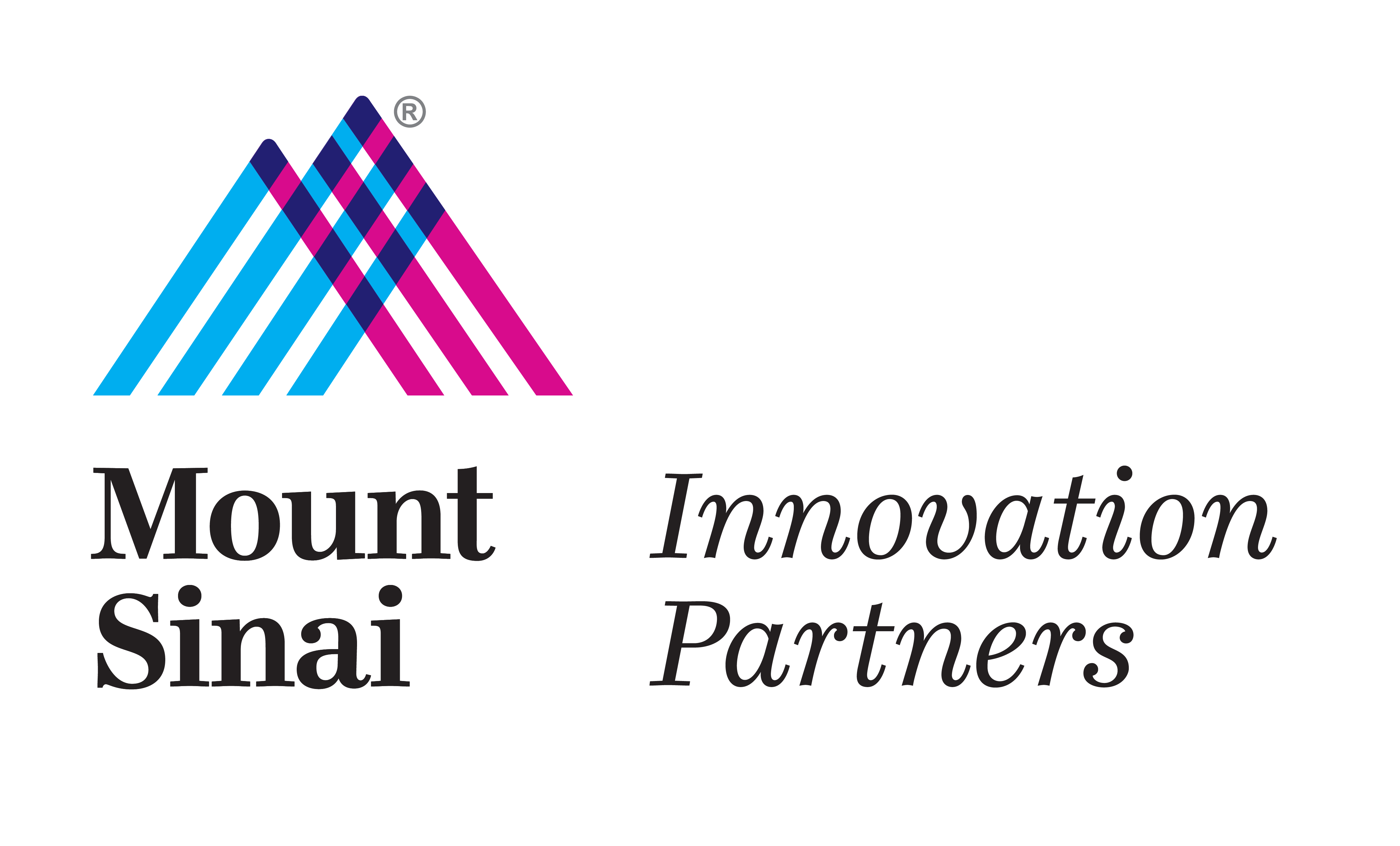Get to know Jason Adleberg, who is developing an artificial intelligence (AI) software program to detect aortic aneurysms. Adleberg will be presenting this technology at the Mount Sinai Pitch Challenge on May 5!
Have you registered for the Mount Sinai Pitch Challenge? Sign up today and you’ll hear select teams present their healthcare solutions to a panel of judges for a grand prize! Register here.
Tell us about the technology. What kind of healthcare solution does it provide?
This technology is an AI-software program that detects the presence of aortic aneurysms and aortic dissections in CT scans. If a patient has an aortic dissection, this software will jump straight ahead to notifying the relevant surgeon on call, bypassing the radiologist and emergency medicine doctor, potentially saving hours of time. It will also alert the radiologist to the presence of an aortic aneurysm.
What inspired you to dive into this field of technology?
My family has a history of aortic aneurysms, and aortic aneurysms can predispose individuals to sudden death via aortic dissections. Approximately 4-8% of individuals overall have an aortic aneurysm1. Moreover, a missed aortic aneurysm is the number one most costly miss in healthcare2, and is a high contributor to medical malpractice cases. While there are a few software products to detect the presence of strokes, currently there is no commercial product to detect the presence of this common, and potentially deadly, disease.
Why did you get started with MSIP’s entrepreneurial series?
I have always been interested in technology and medicine but have a lot to learn about entrepreneurship, and what it takes to bring ideas through the ideation phase to clinical use.
What do you think distinguishes this technology from other Pitch Challenge teams?
Right now, a golden era of AI in medicine is underway, specifically in radiology. The way we diagnose medical emergencies is changing. Computers are increasingly able to detect emergencies on medical images more quickly and accurately than humans, and putting computers ‘in the loop’ can save many lives for a condition that is often undetected.
Sources provided by Adleberg:
1. Ashton HA, Buxton MJ, Day NE, Kim LG, Marteau TM, Scott RA, Thompson SG, Walker NM, Multicentre Aneurysm Screening Study Group. The Multicentre Aneurysm Screening Study (MASS) into the effect of abdominal aortic aneurysm screening on mortality in men: a randomised controlled trial. Lancet. 2002;360(9345):1531.
2. Choinski K et al. Review of Malpractice Lawsuits in the Diagnosis and Management of Aortic Aneurysms and Aortic Dissections. Vasc Endovascular Surg. 2022Jan;56(1):33-39.

